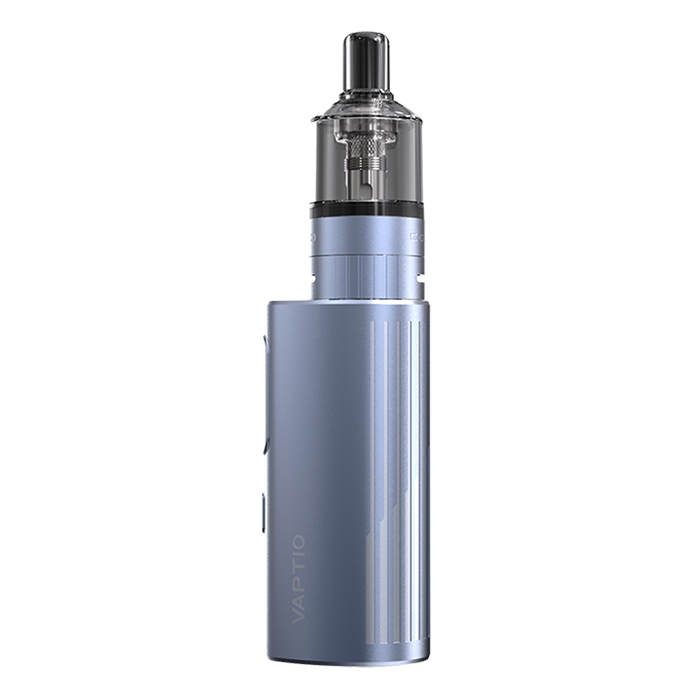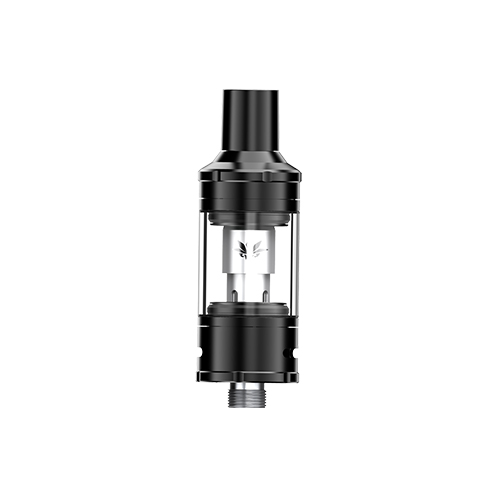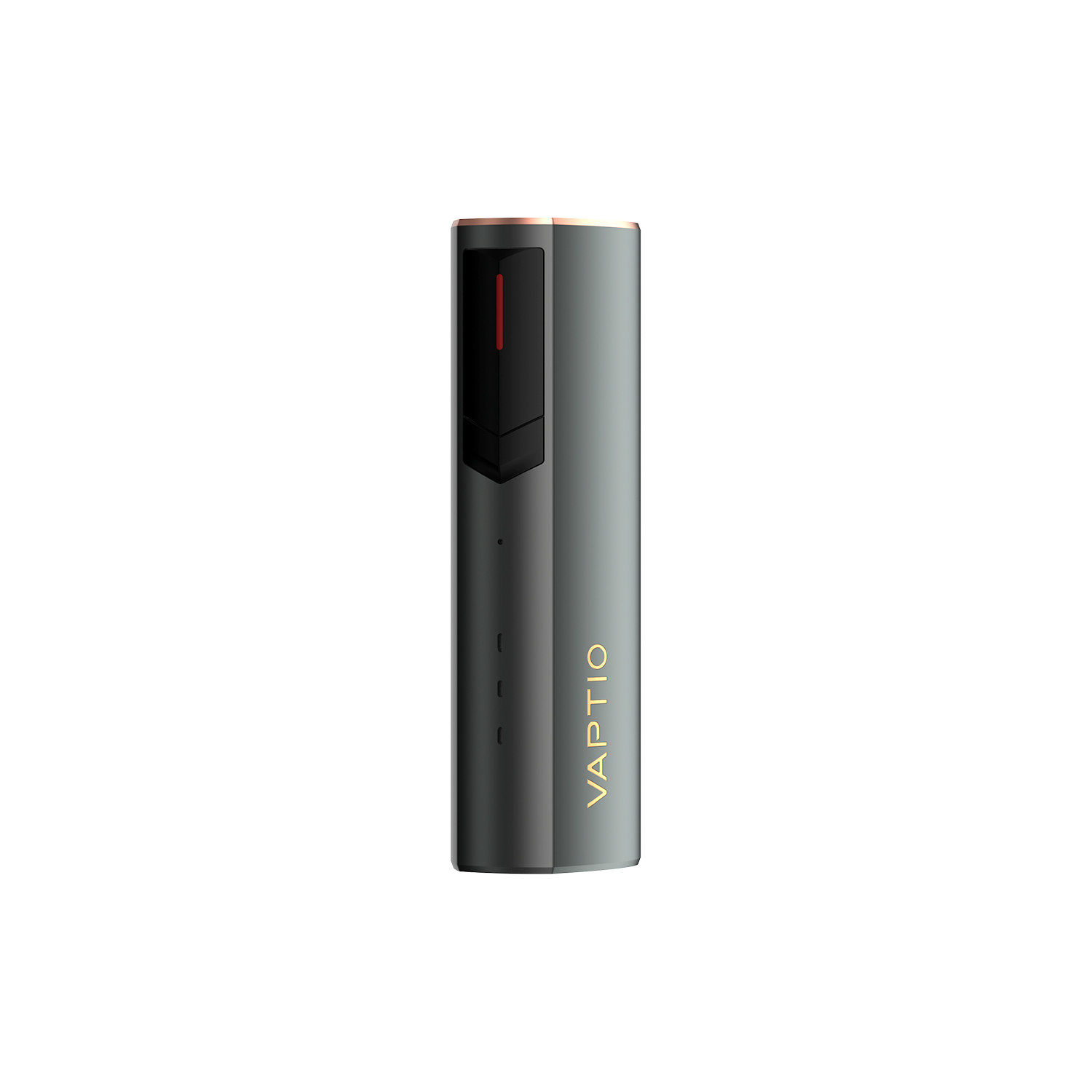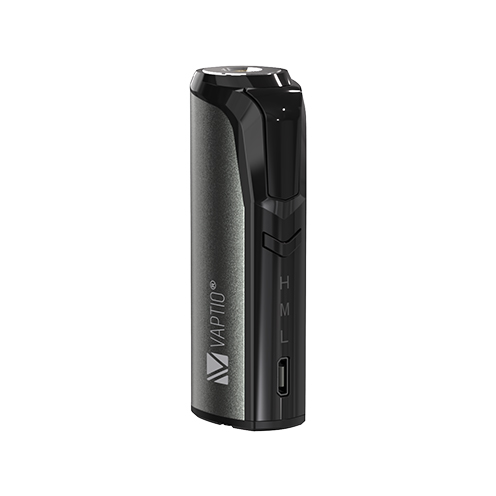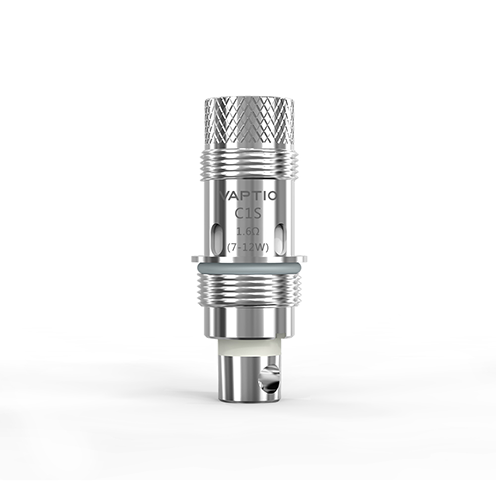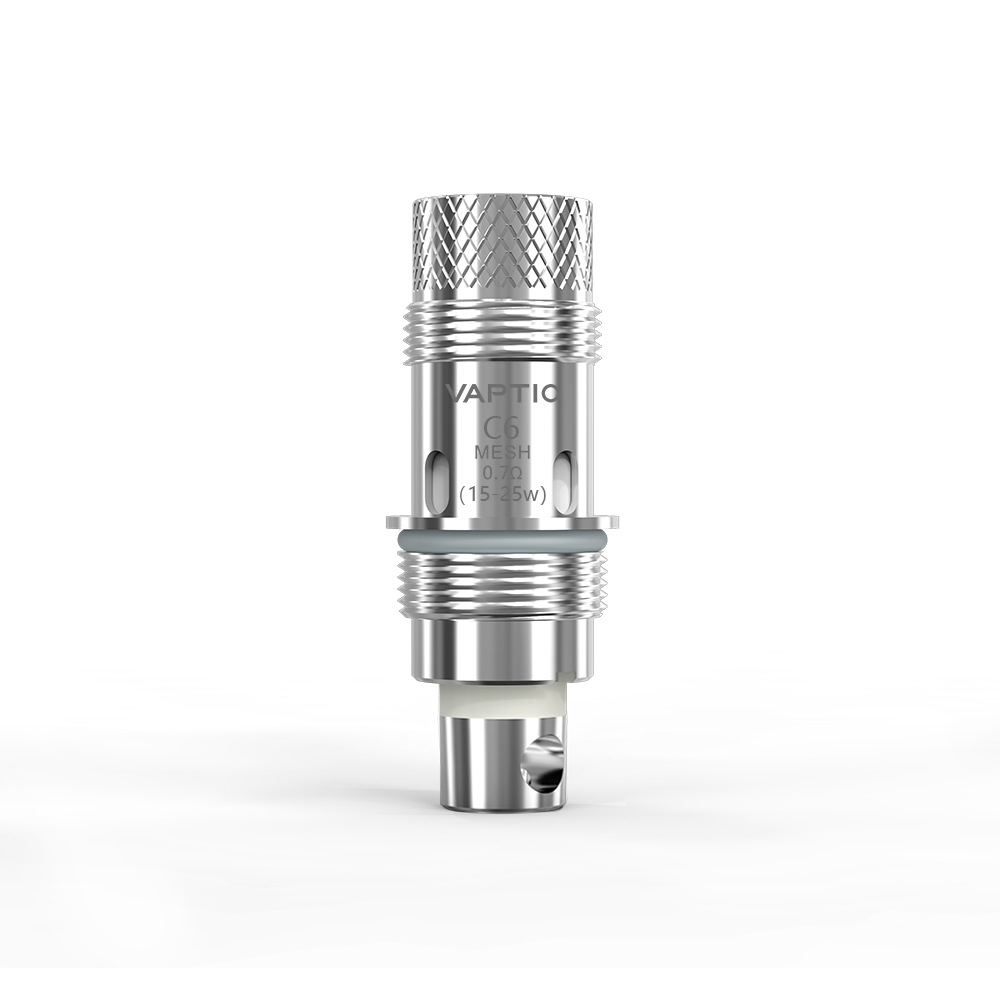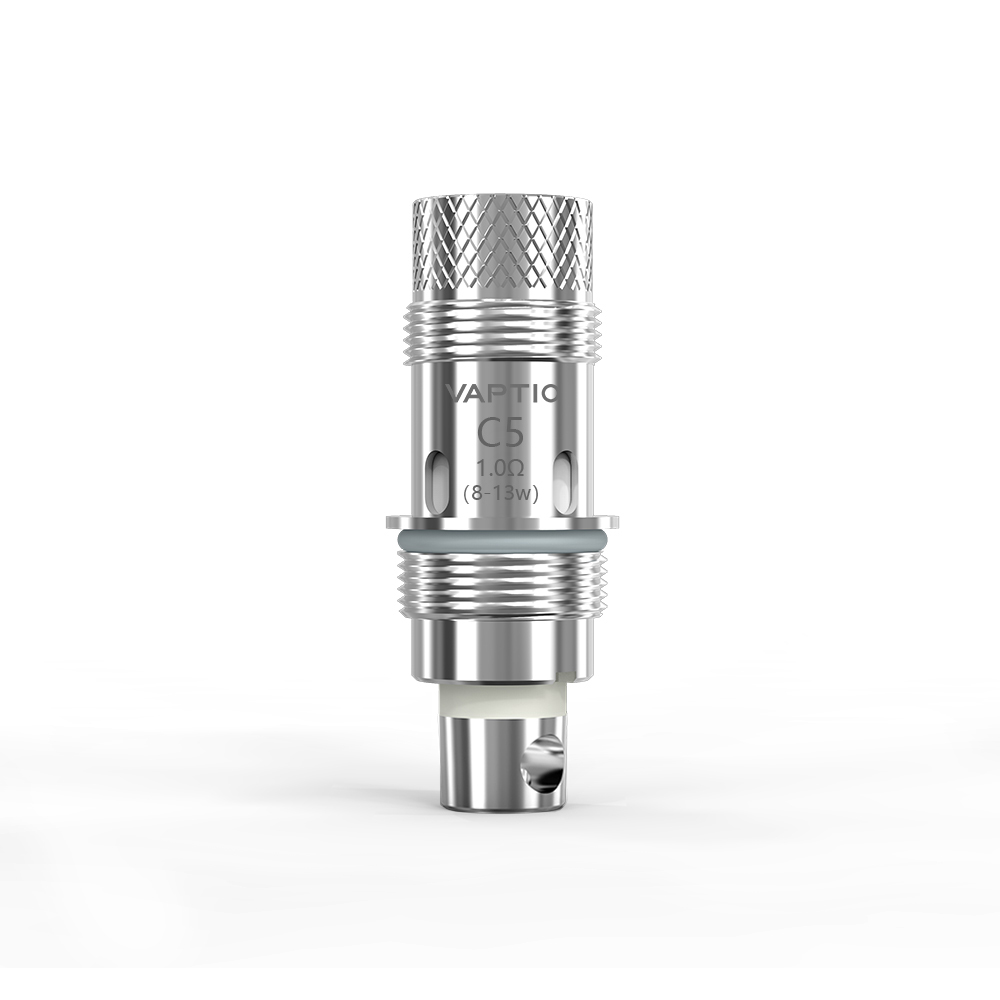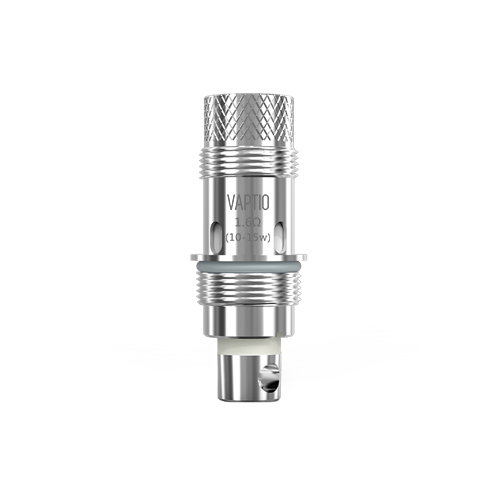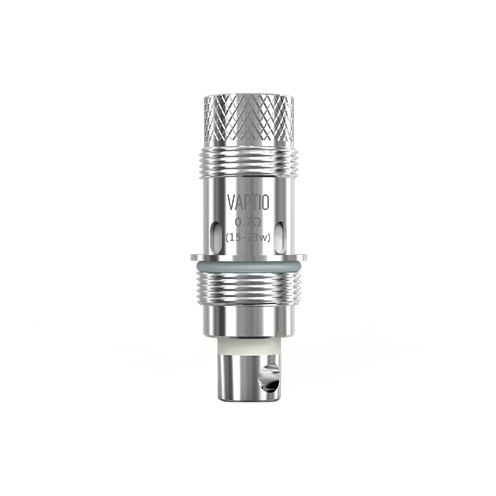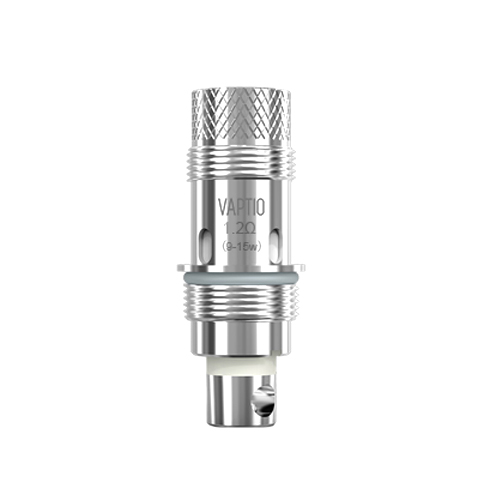The Maryland state legislature has overridden Governor Larry Hogan’s veto of a bill passed last year, which will impose a tax on vaping product sales. The resurrection of the vape tax got little attention because the bill, HB 732, also includes a controversial digital advertising tax intended to fund major changes to the state’s education system.
The new law will add a six percent sales tax at the point of sale (in addition to the state’s standard six percent sales tax) on all open-system vaping products, and a 60 percent tax on e-liquid in containers smaller than five milliliters (pod- and cartridge-based vapes, disposables, and cigalikes). The law will also almost double the state’s tax on cigarettes, increasing the per-pack levy from $2.00 to $3.75.
The law preempts local governments from adding additional taxes on vaping products, but allows local taxes that were established before Jan. 1, 2020. That will permit Montgomery County to maintain its 30 percent wholesale tax on all vaping products, which will be assessed in addition to the new retail taxes.
The tax is scheduled to take effect sometime in March. Because the vape tax is part of the bill imposing a digital advertising tax, it may be held up by lawsuits aimed at that part of the legislation, but that’s not clear at this time.
Maryland lawmakers still want to ban flavors
The Campaign for Tobacco-Free Kids cheered the tax, and urged the legislature to “finish its work on flavored tobacco products and end the sale of all flavored e-cigarettes, flavored cigars and menthol cigarettes.”
Maryland lawmakers are currently considering multiple bills that would ban vaping flavors and outlaw online sales. CASAA has two calls to action on its Maryland page.
How to stop harmful vaping laws
With 2021 state legislative sessions now opening, vapers should expect to see many new bills introduced that will, if passed, restrict access to vaping products or make them more expensive. This year, with Tobacco 21 a done deal, advocates expect the primary focus of anti-vaping activists to be flavor bans and taxes. Outright vape bans that prohibit sales are not needed for opponents to destroy vaping; we can lose it one step at a time.
The Consumer Advocates for Smoke-Free Alternatives Association (CASAA) tracks state legislation and issues calls to action that make it easy for consumers to respond. If you join CASAA—which is free—you will get an email when a call to action is issued for your state or city. (Disclosure: I am a CASAA board member.)
Because of the coronavirus pandemic, many state legislatures are shortening their sessions, taking testimony remotely (usually via Zoom), and limiting the number of people allowed to testify. (CASAA and trade group SFATA collaborated on a recent webinar that offers advice to people testifying in virtual hearings.) Because of these weird circumstances, bills may be more likely to appear suddenly and move through the process quickly. That makes it doubly important that vaping advocates build networks in their states to disseminate legislative news quickly.
The key to avoiding harmful anti-vaping laws is early and repeated engagement by people in the affected states or localities—the constituents of the legislators who vote on the bills. The best outcome is to stop bills before they’re approved by a committee, and that requires vapers and vaping businesses to get involved, respond to legislators, and spread the word to others who will respond. There is no substitute for personal engagement by large numbers of vaping stakeholders.
This year it’s unlikely that Vaping360 will be able to amplify as many CASAA calls to action as we have in years past, just because of the large number being introduced and speed at which it’s happening. It’s more important than ever that vapers spread the word: alert friends in affected states or cities, post calls to action on social media, and contact CASAA directly if you hear of a local law that has been proposed.
News from: https://vaping360.com/vape-news/108475/maryland-vape-tax-passes-flavor-fight-continues/






